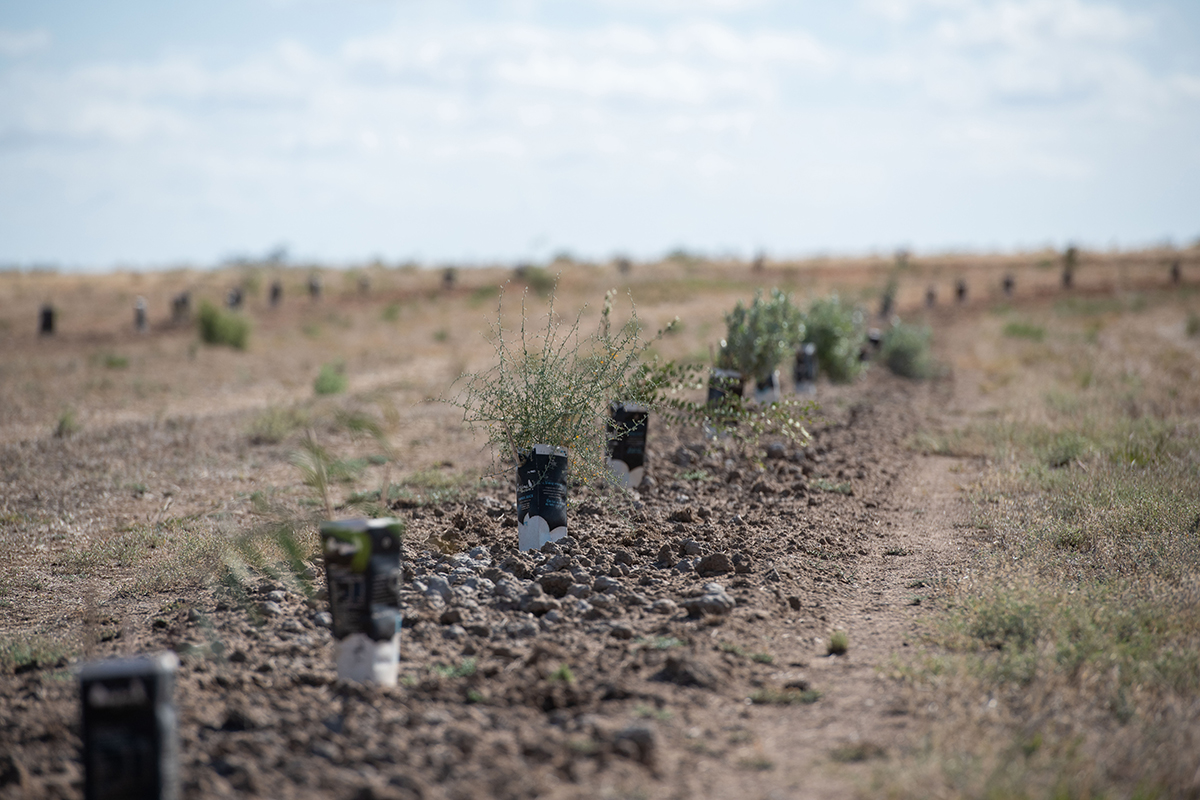
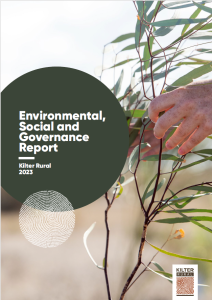
Kilter Releases 2023 ESG Report, Marking 20 Years of Optimising Returns from Natural Capital Investments
Kilter is proud to announce the release of its 2023 Environmental, Social, and Governance (ESG) report. This report symbolises two decades of leadership in natural capital investment, sustainable resource management, and environmental protection, highlighting Kilter’s steadfast commitment to robust reporting and governance procedures.
Kilter is committed to building a sustainable business through the integration of Environmental, Social and Governance frameworks into the operating processes of the business.
Environmental
Kilter’s policy position is that Climate Change is a present and immediate threat that any responsible long-term asset manager needs to address. In addition, environmental challenges of soil health; ground water management; sustainable surface water diversion and chemical control are established issues with known solutions and can be addressed in a manner that provides improved investment outcomes. Further details on the initiatives and reporting on the Farmland, Water and Ecosystem assets are described below.
Social
Kilter will lead through management of its rural landscapes with the intent of providing positive social and economic outcomes. This will be done by seeking to employ staff and contractors from local area and providing work conditions and lifestyle opportunities that meet community standards. Kilter will also pro-actively communicate within local communities to identify concerns so that where possible the operational activities of Kilter are understood and potential impact minimised.
“We don’t just measure activities, we measure outcomes”
Sean Winder, Kilter Rural CFO.
Governance
Kilter will adopt a management framework that supports adherence to the making ethical decisions and the responsible sourcing of materials and services so as to not intentionally cause injury or disadvantage to other parties. Kilter has established a Governance, Risk, Audit and Compliance Committee with external non-executive members to monitor this function.
Reporting
Monitoring, Evaluation and Reporting (MER) is a vital component of this process as it enables Kilter to refine a set of indicators to assess performance against our goals and implement initiatives to improve outcomes across the farmland, water and ecosystem assets we manage. The MER framework is formalised into Kilter’s ISO 9001 accredited Quality Management System.
DESIGN FOR CLIMATE CHANGE IMPACTS
A key element in our fiduciary duty to investor partners is addressing climate change-related risks. For more than a decade, we have been designing landscapes to ensure resilience to climate change-influenced weather events, such as severe droughts, floods and rainfall events. This foresight has ensured delivery of farming programs through the worst drought in modern recorded history, the largest flooding event in 100 years and locally unprecedented high rainfall events.
NET-CARBON SINK FARMLAND
We take an industry leadership role in both CO2 sequestration and emissions reduction on farms. This is achieved by actively sequestering carbon in both soil and native revegetation.
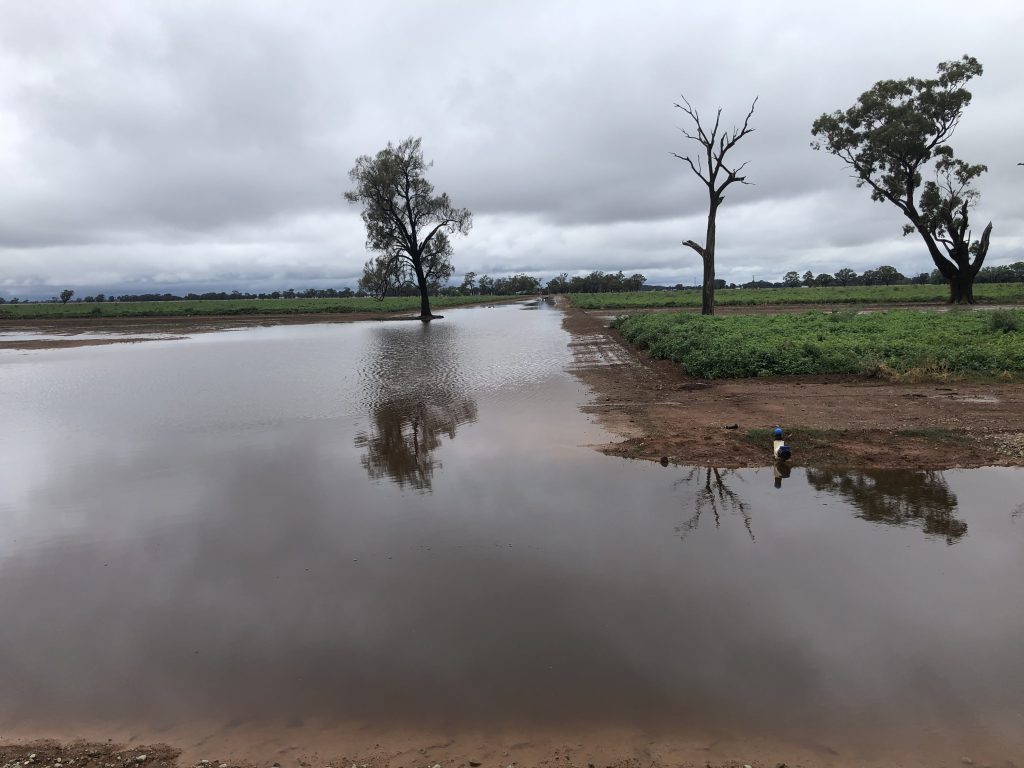
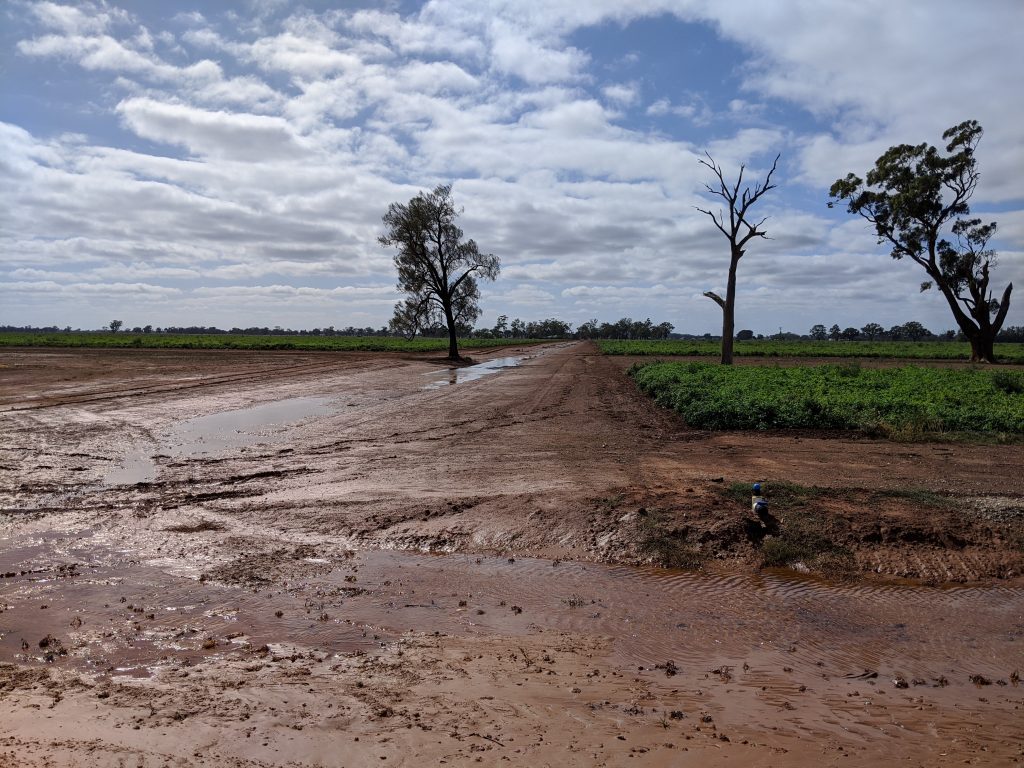

BIODIVERSITY PROTECTION
Habitat removal and modification remains the main cause of native species extinction in Australia and globally. Our landscapes revegetate up to 30% of the area under management, returning key components of native ecological vegetation communities.
Our agricultural regions typically have less than 5% native vegetation remaining. Increasing biodiversity on farmland has multiple proven benefits for groundwater and salinity management, crop health, soil moisture retention, buffering from weather events and beneficial pollinators and pest control species.
Landscape environmental accounts
Monitoring, evaluation and reporting is vital in identifying, responding to and mitigating risks to investment returns.
We have a demonstrated ability to monitor, interpret and report on condition of natural assets is captured within a standardised and quantified environmental accounting system called Accounting for Nature Framework.
The framework is aligned with the UN-adopted System of Environmental-Economic Accounting and will result in the production of an annual certified account of the condition of the underlying natural asset base (soil, vegetation, water) that supports all farm production. Implementation of the framework reveals the real impact of farmland, water and ecosystem investment management activities.
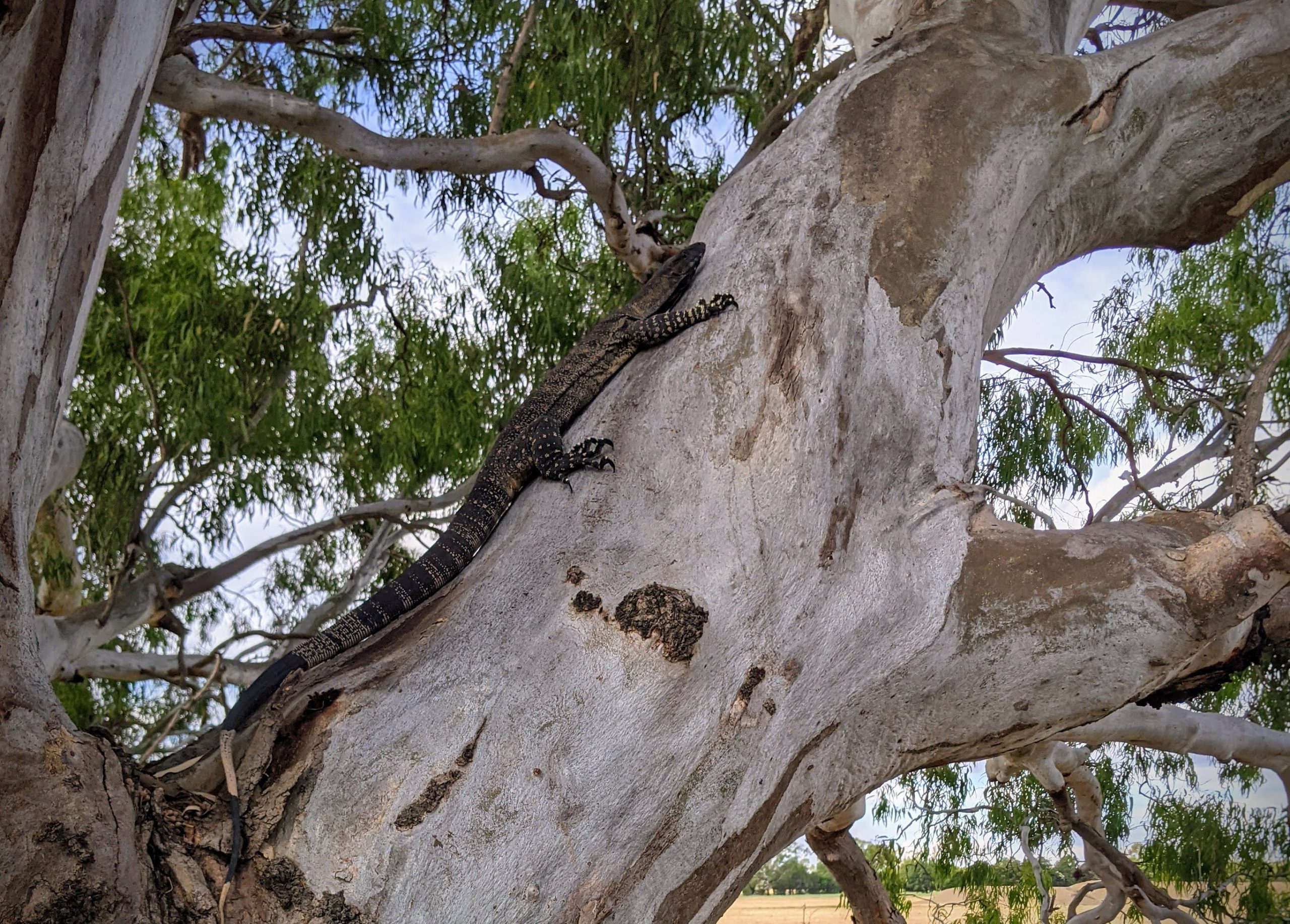

ENVIRONMENTAL IMPACT REPORTS
The Murray-Darling Basin is one of the world’s largest and most productive river basins. It plays a vital role in supporting biodiversity across an area the size of Germany.
The Murray-Darling Basin Balanced Water Fund balances the needs of irrigators, the environment and investors through counter-cyclical water use. Each year, the Fund makes water donations to the Environmental Water Trust, which is responsible for optimising the environmental and cultural outcomes across essential wetlands in the southern Murray-Darling Basin.